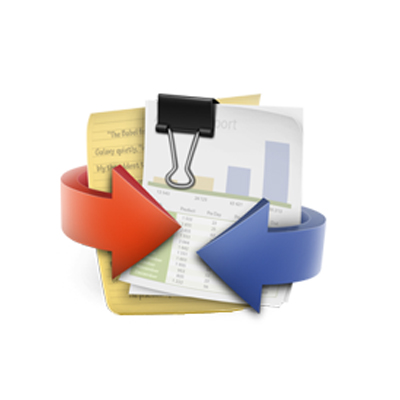If you need to convert HTML files to XLS format, look no further. Our website offers a range of converters that can take care of this task with ease. Whether you prefer an online converter or a downloadable software, we have options available for both. Converting your HTML files to XLS can be beneficial for a variety of reasons. One of the main advantages is that XLS files can be easily opened and edited in programs such as Microsoft Excel, making them more versatile and compatible across different platforms and devices. Additionally, XLS files support various data types and formatting options, allowing for more complex and structured data to be stored and manipulated. This is particularly useful for businesses and individuals who need to organize and analyze large amounts of data efficiently. Our converters ensure a seamless and reliable conversion process, delivering accurate results every time. Choose the converter that suits your needs and start converting your HTML files to XLS today.













An HTML file is a text file that contains code that defines the structure and content of a web page. HTML stands for Hypertext Markup Language, and it is the standard markup language used for creating web pages and applications. HTML files can be created and edited using any text editor, such as Notepad or Sublime Text. Each HTML file is made up of tags, which are surrounded by angle brackets (< >), and these tags define different elements and their attributes. These elements include headings, paragraphs, images, links, lists, tables, forms, and more. By using HTML tags and attributes, developers can structure and format the content of a web page and make it accessible and interactive for users.
XLS files are a type of spreadsheet file format that is commonly used for storing and manipulating data. The XLS file format was created by Microsoft as part of their Office suite of software. XLS files can contain multiple worksheets or tabs, each with its own set of cells, which can be used to organize and analyze data. These files are commonly used in business and finance to keep track of important information such as budgets, sales figures, and inventories. XLS files can also be used to perform calculations, create charts and graphs, and generate reports. Additionally, XLS files can be easily shared and collaborated on with others, making it a popular choice for data analysis and reporting.